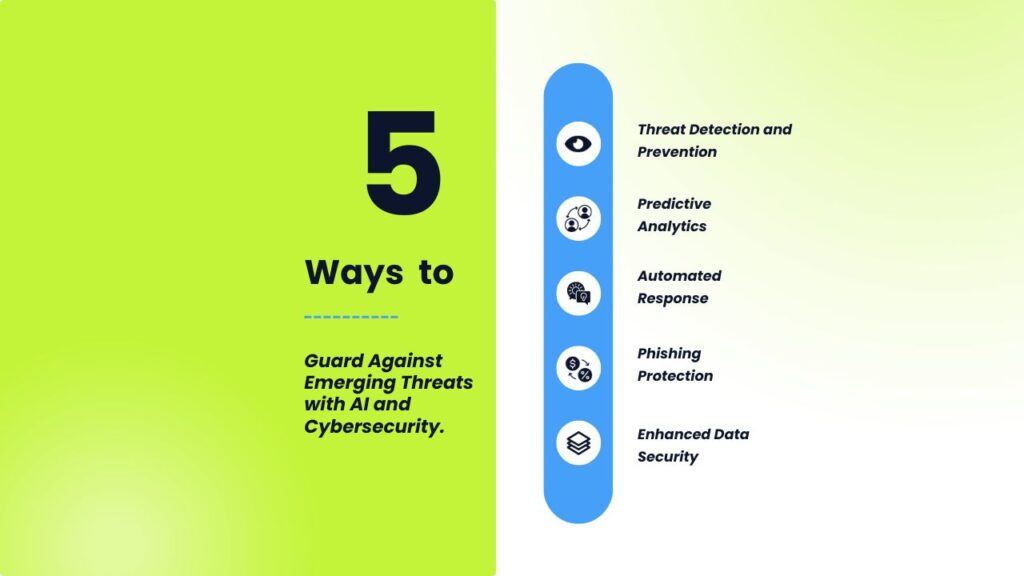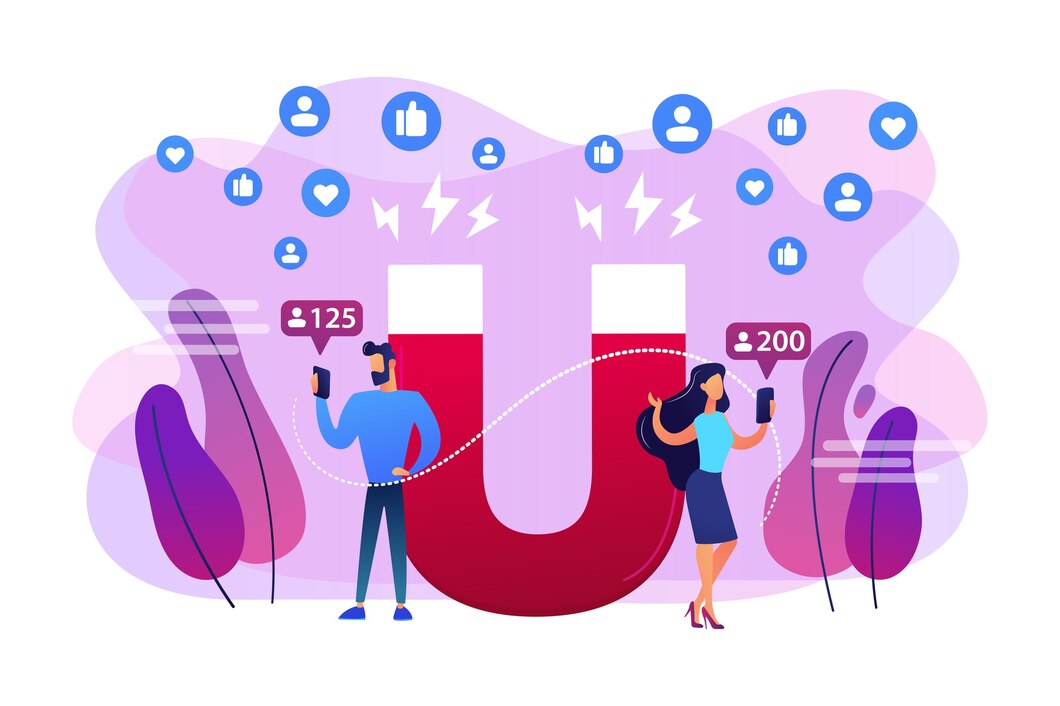In today’s digital age, the use of artificial intelligence (AI) has revolutionized various industries, and marketing is no exception. AI’s integration into marketing strategies has opened up new possibilities for businesses to streamline their operations, enhance customer experiences, and optimize their campaigns. However, with great power comes great responsibility, and one of the most critical responsibilities in the realm of AI in marketing is guarding against emerging cybersecurity threats. In this blog article, we will explore how AI plays a crucial role in securing marketing endeavors against these evolving threats.
Understanding the Threat Landscape of AI
Before delving into AI’s role in cybersecurity, it’s essential to comprehend the ever-evolving threat landscape. Cybercriminals are becoming more sophisticated, constantly devising new tactics to infiltrate systems, steal data, and disrupt operations. Phishing attacks, ransomware, and data breaches are just a few examples of the threats that businesses face daily. To combat these threats effectively, organizations need advanced tools and strategies.
The AI Advantage
Artificial intelligence, with its ability to analyze vast amounts of data quickly and identify patterns, has become a powerful ally in the fight against cyber threats. Here’s how AI is contributing to marketing cybersecurity:
1. Threat Detection and Prevention:
AI-powered cybersecurity systems can continuously monitor network activities and detect anomalies in real-time. They analyze historical data to identify patterns that could indicate potential threats. By recognizing deviations from normal behavior, AI can trigger alerts or take immediate action to prevent an attack.
2. Predictive Analytics:
AI excels at predictive analytics. It can anticipate potential threats based on historical data, helping organizations proactively strengthen their defenses. By identifying weak points in their security infrastructure, businesses can make necessary improvements to guard against emerging threats.
3. Automated Response:
In many cases, AI can autonomously respond to threats faster than human operators. For instance, if a system detects a suspicious login attempt, AI can immediately block the source and initiate security protocols to safeguard sensitive information.
4. Phishing Protection:
Phishing attacks remain a significant concern for marketers. AI algorithms can identify phishing emails and websites by analyzing content, links, and sender behavior. This helps prevent employees from falling victim to deceptive messages.
5. Enhanced Data Security:
AI can enhance data security by encrypting sensitive information, monitoring access, and detecting unusual data movement within an organization’s network. This protects customer data, trade secrets, and proprietary information.
Challenges and Considerations with AI
While AI holds great promise for marketing cybersecurity, it’s essential to acknowledge some challenges and considerations. AI systems require continuous updates and monitoring to stay ahead of evolving threats. Moreover, organizations must ensure the ethical use of AI, as it can also be exploited by malicious actors.
Conclusion
In the realm of marketing, AI and cybersecurity are two sides of the same coin. As marketing strategies become more data-driven and reliant on technology, the need for robust cybersecurity measures becomes paramount. AI’s ability to detect, prevent, and respond to emerging threats is invaluable in safeguarding a business’s reputation, customer trust, and bottom line. By embracing AI-driven cybersecurity solutions, marketers can navigate the digital landscape with confidence, knowing that their data and operations are protected against the ever-evolving threat landscape.







